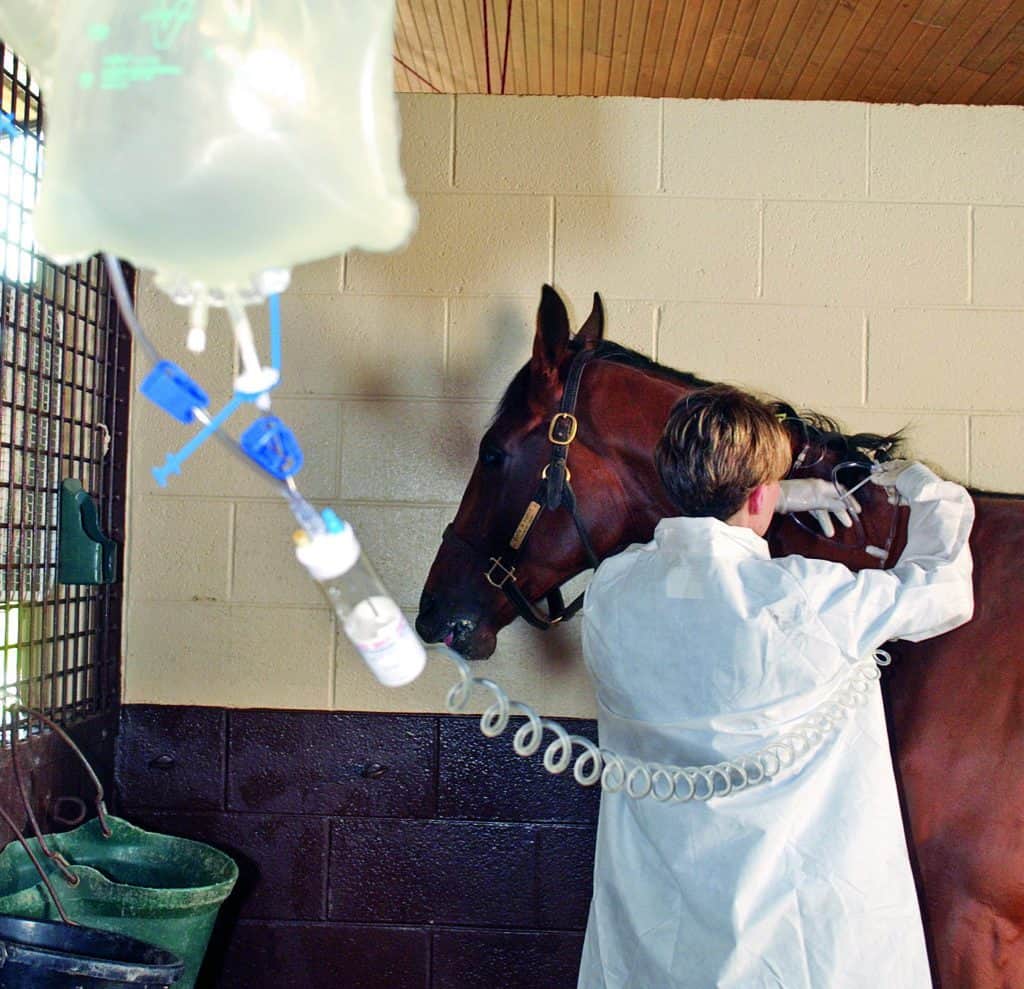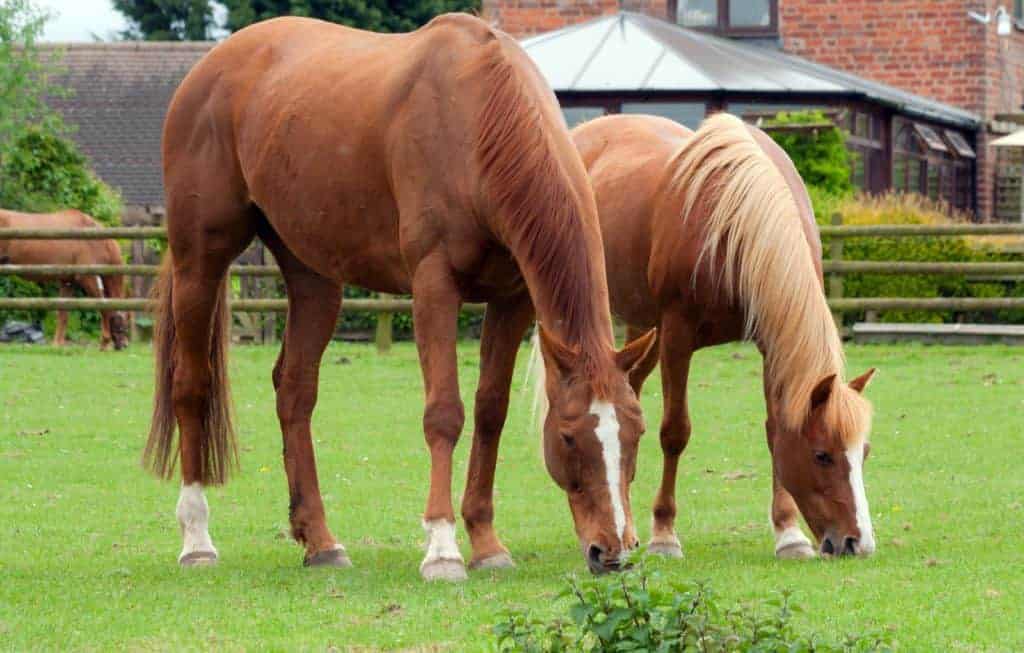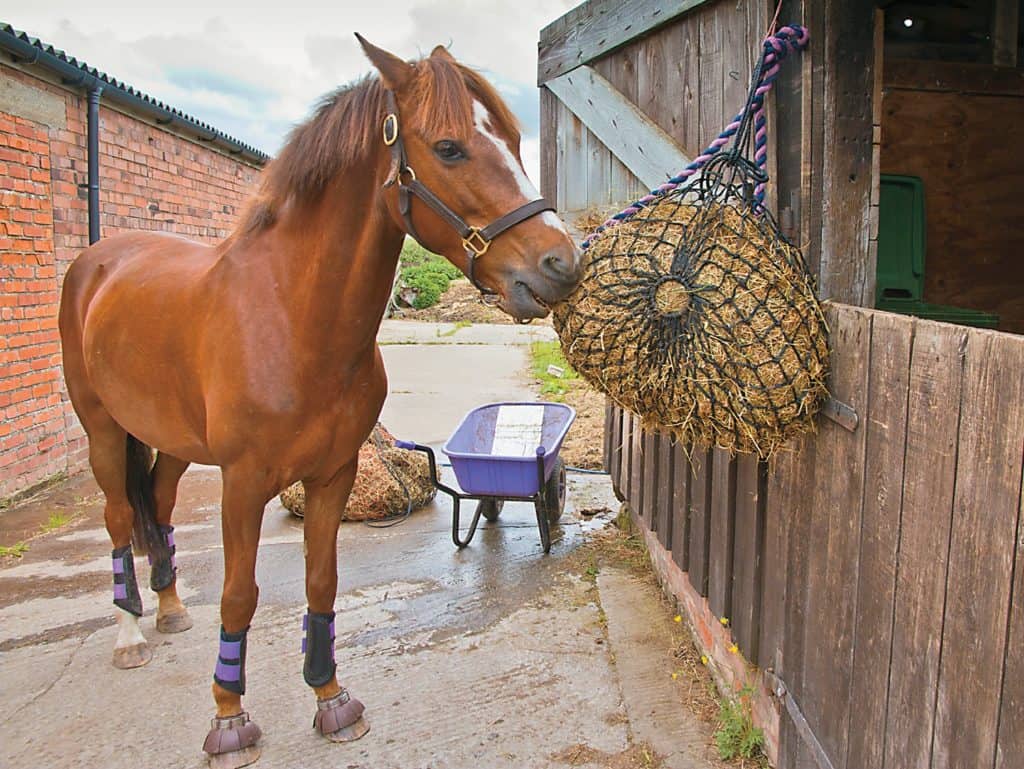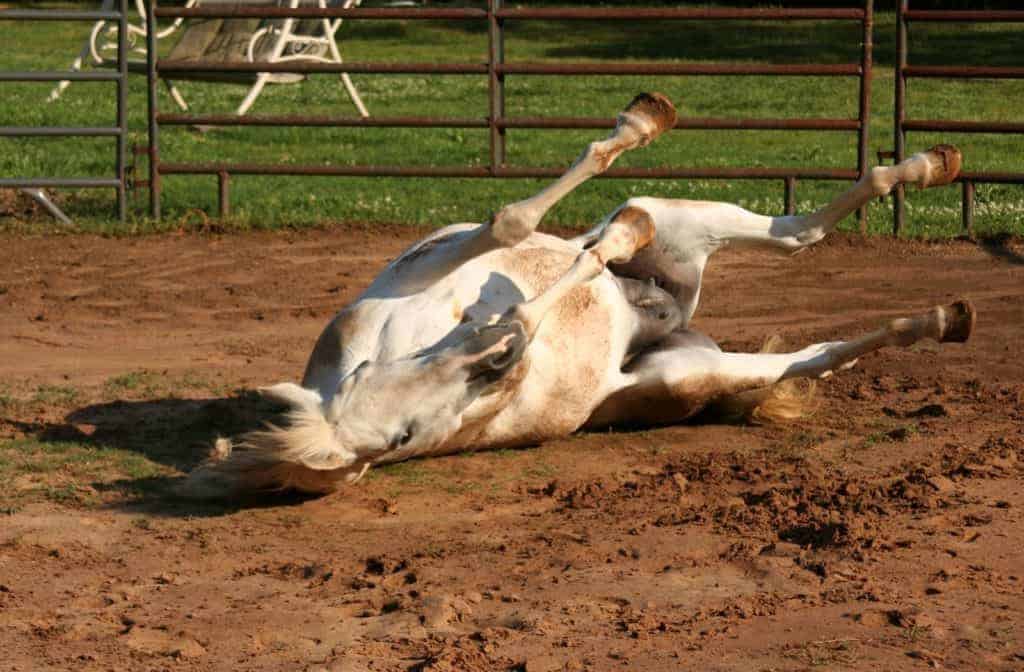
Equine Fecal Microbiota: What’s Normal, and What’s the Colitis Link?
A Texas A&M-led study sought to describe “normal” equine microbiomes and compare those results to horses with colitis related to both antibiotic administration and Salmonella infection.





























